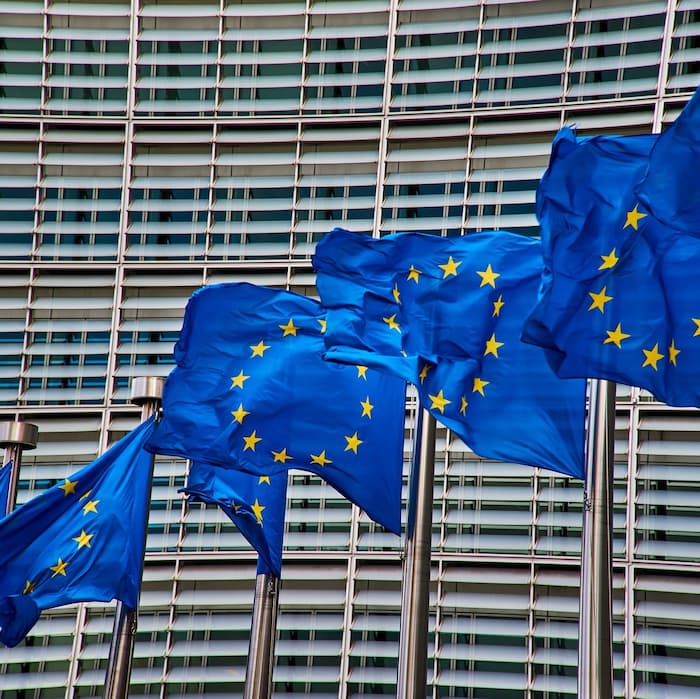Compliance
A Never-Ending Tension: Privacy Vs Beneficial Ownership Disclosure

The frontier between privacy and transparency is always shifting, sometimes because of modern technology, or anger about money laundering on one side, and intrusion into innocent people's lives, on the other.
The drive to create public registers of beneficial ownership,
potentially accessible by journalists, education bodies and other
groups, continues to stir controversy as policymakers juggle the
fight against dirty money with protecting legitimate financial
privacy.
In November last year, the Court of Justice of the European
Union, (CJEU) said the general public’s access to BO data was a
serious threat to financial privacy.
The court’s ruling was hailed at the time by law firm Mishcon de Reya,
for example. However, it also
prompted anger because it was seen as hobbling the
ability to probe illicit wealth transfers. (See
here for a related discussion on our WealthTalk
channel.)
In late March 2023, members of the European Parliament,
undeterred by the CJEU’s ruling, renewed calls for such BO
disclosure; it has also called for further tightening
of anti-money laundering controls and a ban on
citizenship-by-investment programmes in the 27-member European
Union.
In the background there is concern that laundered money from the former Soviet Union and other places has penetrated the EU.
In March 2022, the EU along with several other jurisdictions –
including Switzerland - slapped sanctions on designated
Russians.
Ieva Tarailiene, head of registry practice at NRD Companies, spoke
to this news service about the situation.
“The global focus on preventing money laundering and terrorist
financing is on the rise, and accurate and complete data on
beneficial ownership plays a critical role in these efforts,”
Tarailiene said. “Unfortunately, anonymous shell companies
and other legal entities often hide the true beneficial owners of
assets, making it challenging to track illicit financial flows.
To address this, policymakers and regulators are working with
industry stakeholders to develop effective data collection and
verification processes.”
The 6th Anti-Money Laundering Directive has been introduced to
enhance transparency in corporate entities. The directive allows
the entity in charge of the central register to request from
corporate and legal entities any information necessary to
identify and verify their beneficial owners.
"There is a lack of clarity about how those who want to search
these public registers can prove their have a legitimate reason
to do so," she said.
“The directive also foresees that persons with a legitimate
interest, such as journalists, reporters, other media, and civil
society organisations, should be able to access the register,
including the interconnected central registers,” she
said.
But public registers also fit an important need,
Tarailiene said. “Abolishing general public access to the
data raises the importance of it being available and accessible
to civil society organisations involved in preventing and
combatting money laundering.”
On 22 November, the CJEU ruled that “the general public’s access
to information on beneficial ownership constitutes a serious
interference with fundamental rights to respect for private life
and to the protection of personal data.”
Court vs directive
The ruling shows how courts can clash with other rules. NRD
Companies said that the CJEU’s position goes against the EU’s 5th
Anti Money Laundering Directive which required member states to
make company BO information accessible to the public.
Several EU countries including Belgium, the Netherlands,
Luxemburg, Germany, Ireland, and Austria have suspended public
access to BO information or limited the access to designated
professions.
The UK government recently said that access to data regarding
persons with significant control (PSC) and registrable beneficial
owners (RBOs) was necessary to prevent and detect crime.
This news service has commented on the frontier between privacy and transparency. Another issue that could cause concern is the potential creation of central bank digital currencies, which could give even democratic governments the ability to peer into everyone's lives in ways that raise troubling questions.